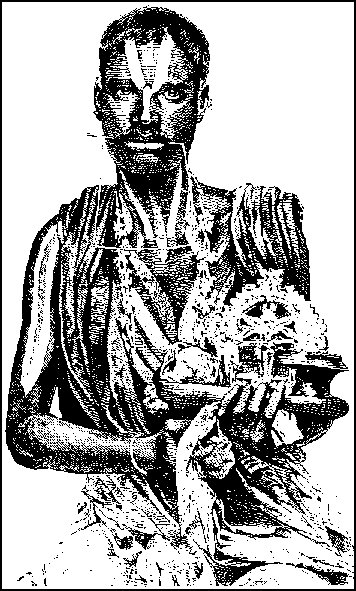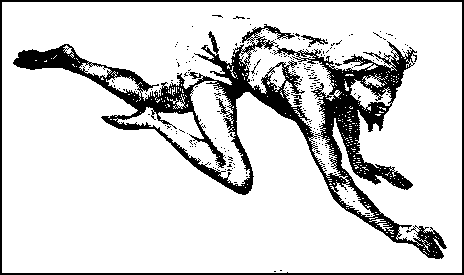Hurting the Body for
The Sake of the Soul
Ariel Glucklich
(Oxford)

Author Glucklich compares the Inquisition to --- are you ready? --- Freudian psychoanalysis. And he does it in such a way as to almost (almost) make it stick: "Although the inquisitor's manuals ... scripted the scene in such a way that the patient usually could not see his interrogator standing behind, the voice was there, as well as the expectant silence between questions and commands."
It would not be a stretch to characterize this relationship as "analysis," a rude psychological fixing ... The patient, of course, wanted to please the interrogator. They may have spend months together and he controlled her bodily feelings. He speech had to sound just right to his ears.
Why? Because the master torturers would not accept a blanket confession. The accused would have to figure out exactly which of the many sins he or she had been accused of.
An accused may even be willing to confess heresy, if told to do so by the inquisitors. But that would violate the rules...The explicit rules demanded that she confess, not everything (too trite), but exactly the right things. The accused whether guilty or not, was simply not able to give a blanket confession, but she was unwilling to state more than she thought the inquisitors should hear. So the accused began by trying to determine what the inquisitors knew, and the shrewd Dominicans who had seen it all were on to her. Despite all the pain, the record of the torture is thus clearly a give-and-
Like a good analysis, the "patient" came to be at one with the analyst, which would impute a successful transference. As a result of this, "his voice will have become her own, and her speech would no longer produce pain." This was a gradual process, not of behavior modification, but of remaking the self, through a hypnoticlike disassociation triggered by pain. "Torture," he concludes, "was thus an instrument of spiritual introspection."
Some of us are nuts about these masters of contrary logic. The best of humor is just that: witness Fielding, Mark Twain, Oscar Wilde, Joyce Cary, Shakespeare in his comic moments. It is logic turned on its head, the celebration of Midsummer Night's Eve --- the peasants take on the crown, the royalty dons the ass's head. I suggest that Sacred Pain falls in this category --- not necessarily of humor (although there is a bit of that), but the delicate twist of logic, a subtle turn of words, the reversal that makes the fantastic seem right and proper.
Glucklich is a willing student of Lucan, and is not only willing to do such backflips, he conjoins them with a summary of the facts of pain which, embody this spirit of contrariness. For instance, he offers the ancient question of whether pain should be withheld from the deserving, or whether we in the 21st Century are still capable of understanding the subtleties of the pleasures of pain:
- With the coming of anesthetics in the middle of the 19th Century, there was considerable debate as to whether it should ever be administered to women in parturition because, in the words of one Calvinist, "Did not the Almighty pronounce his primal curse? Pain during childbirth was God's will."
- Our biggest obstacle to understanding sacred pain is not "an intellectual failure or a poverty of the imagination, but the amnesia that descends with the emergence of a radically new world-view." We have grown up in a culture where the defeat of pain is a demand made of modern medicine:
As a consumer of medical services, the patient enters a contractual relationship with those who read his pain, reinforcing his own inalienable rights to painlessness by purchasing the best services possible. That person thus shares an adversarial alienation from his own body with the physician to whom he entrusts the elimination of pain.
- If pain is a single sensation, as defined by Freud, then anyone who desires it must be perverse. But the neurologist V. S. Ramachandran has stated that "Pain is an opinion on the organism's state of health rather than a mere reflexive response to an injury." There is the experience of pain during massage, which we feel will relieve further pain; or that of patients in chemotherapy, who equate pain with returning to the state of health.
- According to Mircea Eliade, a student of the history of religion, the ordeals of initiation are an "encounter with the sacred:"
The central moment of every initiation is represented by the ceremony symbolizing the death of the novice and his return to the fellowship of the living.
Included in this are puberty rites which "display an astounding inventiveness in the use of pain,"
from whipping to circumcision (boys and girls), subincision, or superincision; piercing noses, ears, or cheeks; scarification; knocking out teeth; kneeling in hot coals; getting beaten by sticks; hanging from hooks...
